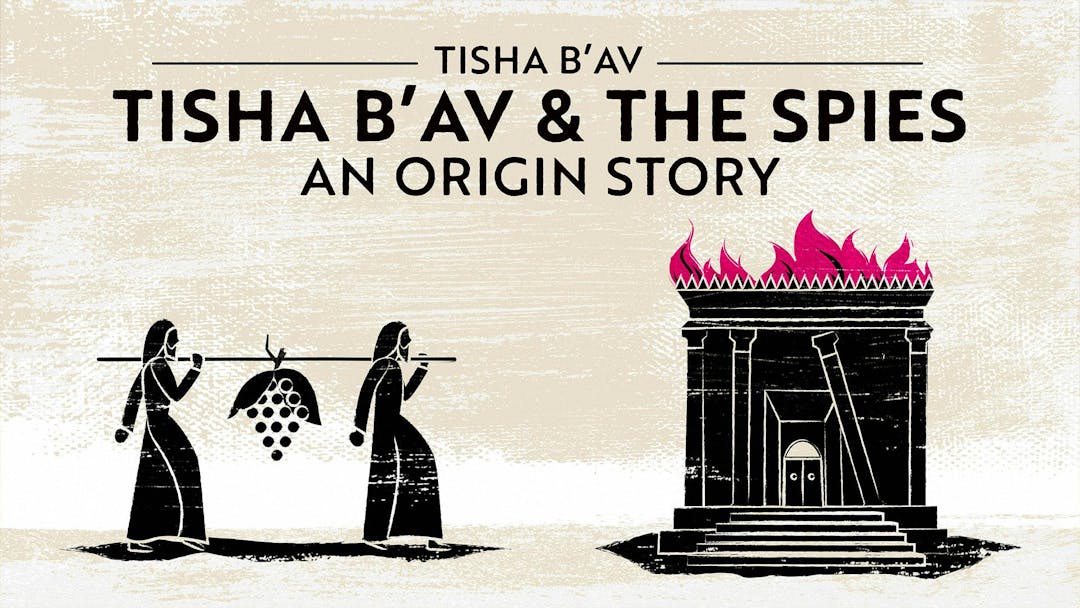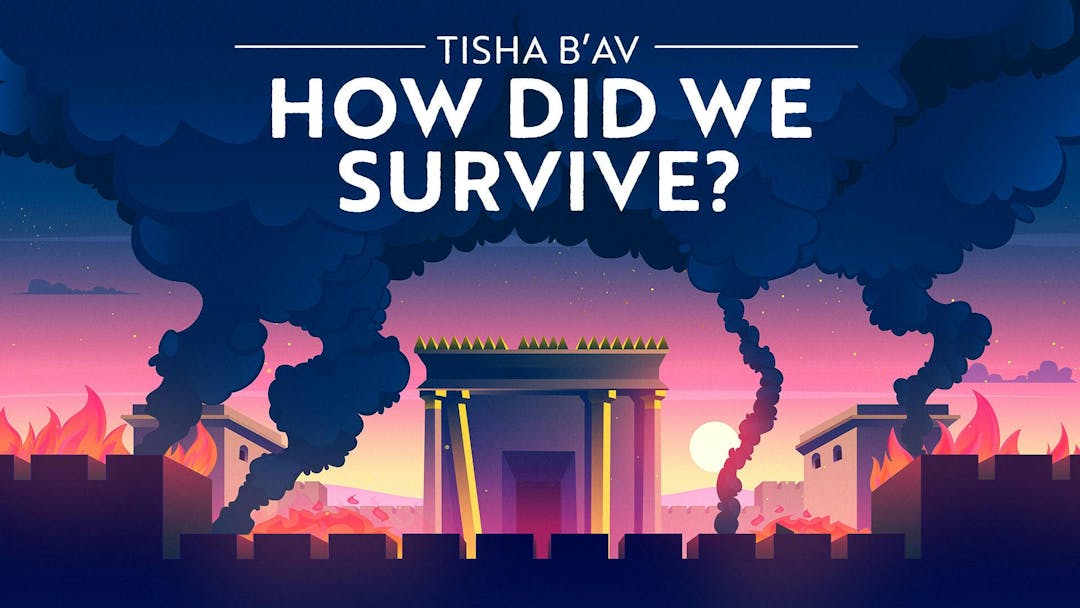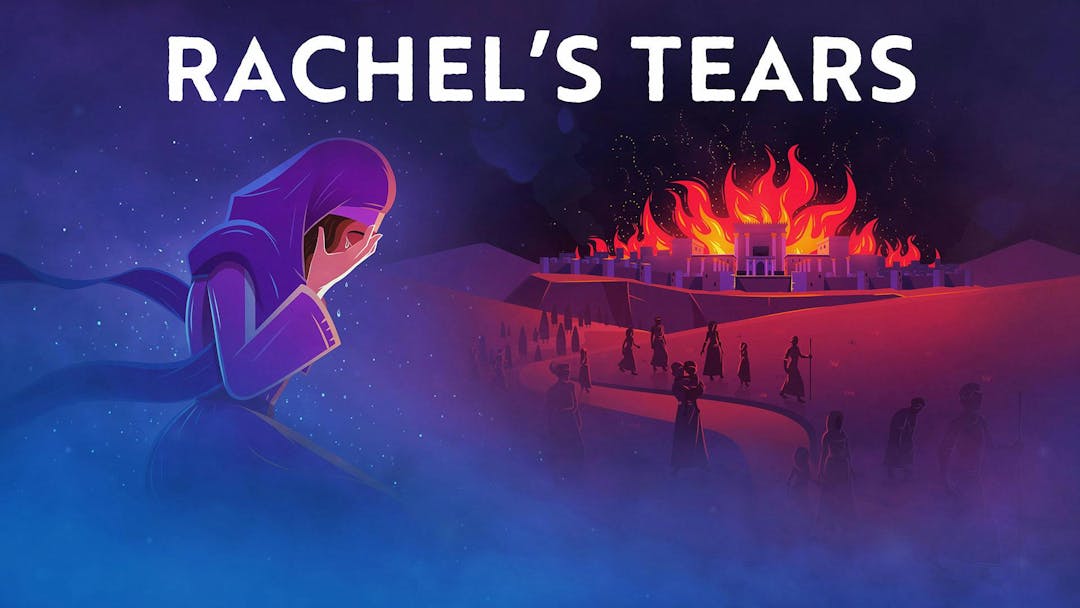Become a premium member today to unlock the full library with unlimited and uninterrupted access
Get StartedSinat Chinam & Baseless Hatred (Part 1 of 5)
Kamtza And Bar Kamtza: What Is Baseless Hatred, Anyway?
When was the last time you hated someone for absolutely no reason? Sinat chinam, baseless hatred, is the reason the Talmud gives for the loss of the Second Temple. But, outside of comic book super villains, most of us don’t hate for the fun of it. Could it be we’ve been misunderstanding the true meaning of baseless hatred this whole time?
Join Rabbi Fohrman for a look at the story of Kamtza and Bar Kamtza, and discover what Tisha B’Av is really trying to teach us about the nature of hate and putting an end to sinat chinam.
Discover other great Tisha Ba’v videos and resources at Aleph Beta, including ‘Rachel Weeping For Her Children”, “The Story of Hezekia”, and “Kinot for Tisha Ba'v”.
Want to watch the full video for free?
Enter your email and we’ll send you a link to watch the full series free.
What is Aleph Beta?
Aleph Beta is a unique kind of Torah library. Led by our founder, Rabbi David Fohrman, we are dedicated to high-level, textual Torah learning for adults that is intellectually and spiritually sophisticated, that enlivens your Jewish practice and helps you forge a deeper connection to God. Whether you’ve been learning in yeshiva for years or you’re just beginning your Torah journey, you’re sure to find something meaningful and surprising waiting for you here.
Browse our library of over 1,000 beautifully produced animated videos, podcasts, deep dive courses, and printable guides. Topics include the weekly parsha, Jewish holidays & fast days, laws & mitzvot, prayers, relationships, big philosophical ideas and more. Have something to say at the Shabbos table that will amaze your family and guests and bring deep meaning into their lives.












